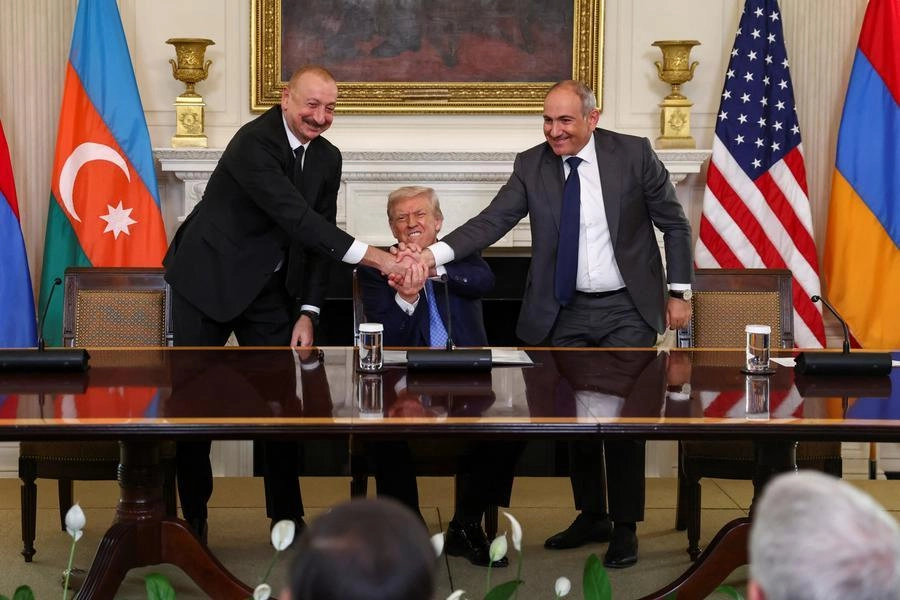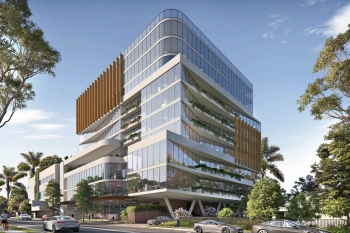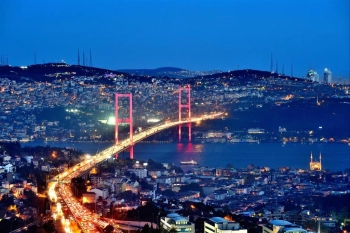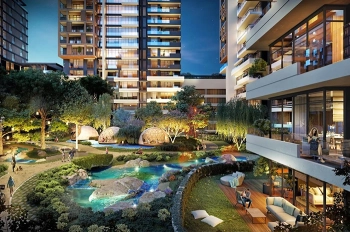Erdogan Welcomes Progress in Azerbaijan-Armenia Peace Process: A Path to Lasting Stability?
What does the recent progress in the Azerbaijan-Armenia peace process signify for the South Caucasus region? Why is Turkish President Recep Tayyip Erdogan's endorsement of these developments crucial? How might this diplomatic momentum lead to lasting peace after decades of conflict? This article explores the latest advancements in the peace talks, the role of regional players, and the potential implications for stability in the region.
Historical Context: Decades of Conflict Between Azerbaijan and Armenia
The conflict between Azerbaijan and Armenia dates back to the early 20th century, but it intensified in the late 1980s with the Nagorno-Karabakh war. The disputed region, internationally recognized as part of Azerbaijan but predominantly populated by ethnic Armenians, has been a flashpoint for violence and political tension. The 2020 Second Nagorno-Karabakh War, which resulted in Azerbaijan reclaiming significant territories, marked a turning point but did not fully resolve underlying tensions.
A real-world example of this unresolved tension was the September 2022 border clashes, which threatened to escalate into another full-scale war. However, recent diplomatic efforts, including mediation by the European Union and Russia, have sought to de-escalate the situation and foster dialogue.
Erdogan's Role in the Peace Process
Turkish President Recep Tayyip Erdogan has played a pivotal role in supporting Azerbaijan throughout the conflict. Turkey's close ties with Azerbaijan, rooted in cultural and linguistic kinship, have positioned it as a key ally. Erdogan's recent statements welcoming progress in peace talks underscore Turkey's strategic interest in regional stability.
For instance, during a joint press conference with Azerbaijani President Ilham Aliyev, Erdogan emphasized the importance of a "fair and lasting peace" that respects Azerbaijan's territorial integrity. His diplomatic overtures, including calls for normalized relations between Azerbaijan and Armenia, highlight Turkey's broader ambitions in the South Caucasus.
International Mediation and Regional Dynamics
The peace process has seen involvement from multiple international actors, including the EU, Russia, and the United States. The EU, in particular, has facilitated several rounds of negotiations between Azerbaijani and Armenian leaders. However, Russia's role remains complex due to its historical influence in the region and its peacekeeping presence in Nagorno-Karabakh.
A practical example of this dynamic is the Brussels-brokered talks in May 2023, where Azerbaijani President Aliyev and Armenian Prime Minister Pashinyan agreed to recognize each other's territorial integrity. This breakthrough, though fragile, demonstrates the potential for external mediation to bridge divides.
Economic and Geopolitical Implications
A lasting peace between Azerbaijan and Armenia could unlock significant economic opportunities, particularly in energy and transportation. Azerbaijan's vast oil and gas reserves, coupled with Armenia's need for alternative trade routes, create mutual incentives for cooperation.
For example, the proposed "Zangezur Corridor"—a transport link connecting Azerbaijan to its Nakhchivan exclave via Armenian territory—could transform regional trade dynamics. Erdogan has championed this project, framing it as a win-win for both countries and a gateway to broader Eurasian connectivity.
Challenges and Roadblocks Ahead
Despite progress, several challenges remain. Trust deficits, unresolved border disputes, and the status of ethnic Armenians in Nagorno-Karabakh continue to hinder full reconciliation. Additionally, domestic political pressures in both countries could derail negotiations.
A case in point is the protests in Armenia following the 2023 concessions, where opposition groups accused the government of capitulation. Similarly, hardliners in Azerbaijan may resist compromises perceived as undermining their military gains.
The Path Forward: Prospects for Lasting Peace
The recent diplomatic momentum offers a rare opportunity to break the cycle of conflict. Confidence-building measures, such as prisoner exchanges and joint infrastructure projects, could pave the way for a comprehensive peace agreement.
Erdogan's proactive stance, combined with international support, suggests that a sustainable resolution is within reach. However, success will depend on sustained commitment from all parties and the willingness to prioritize long-term stability over short-term political gains.






